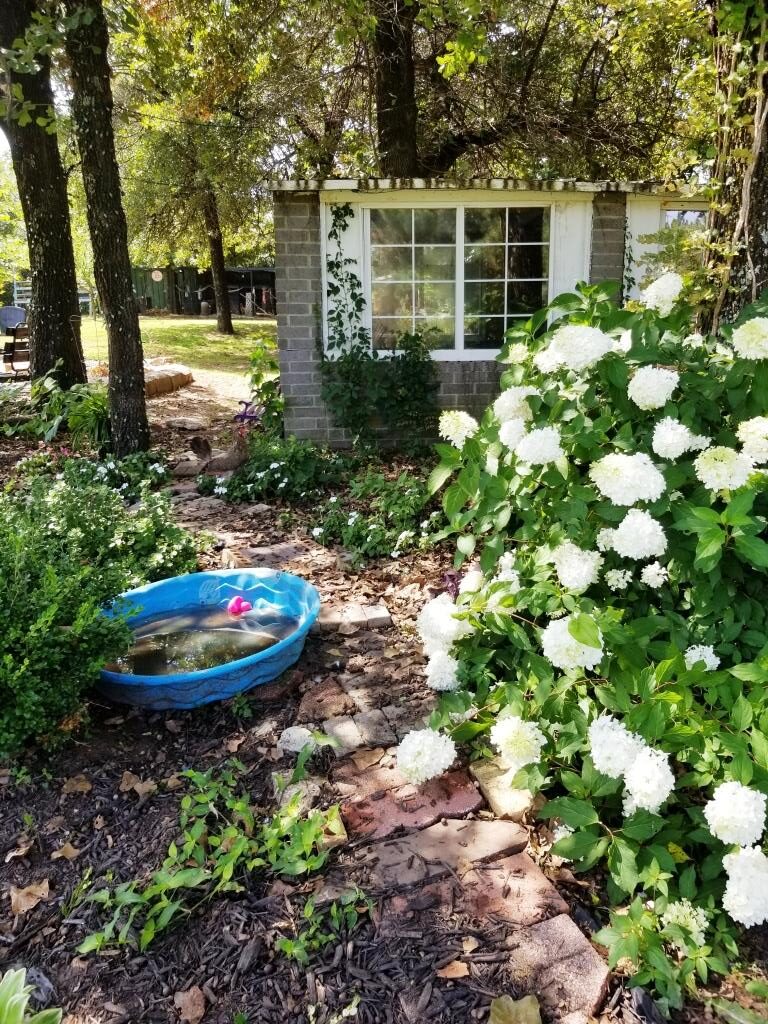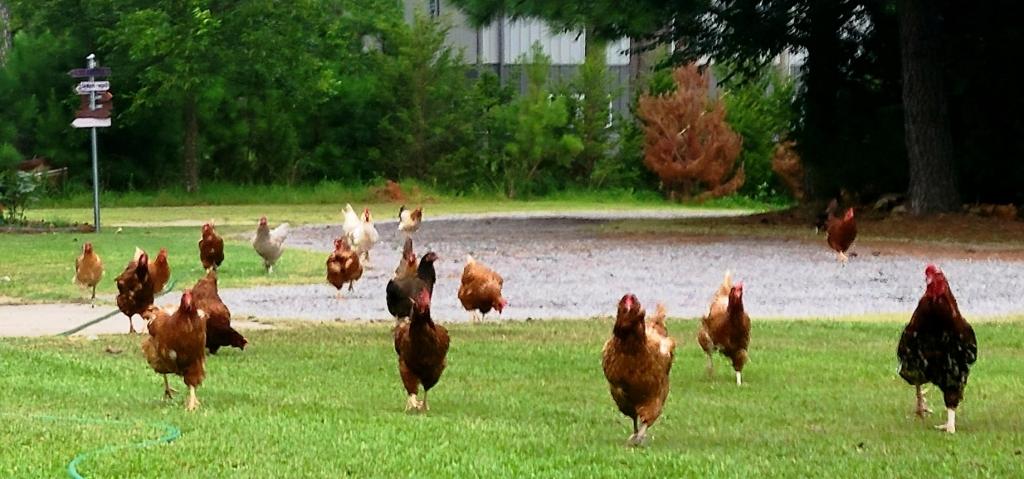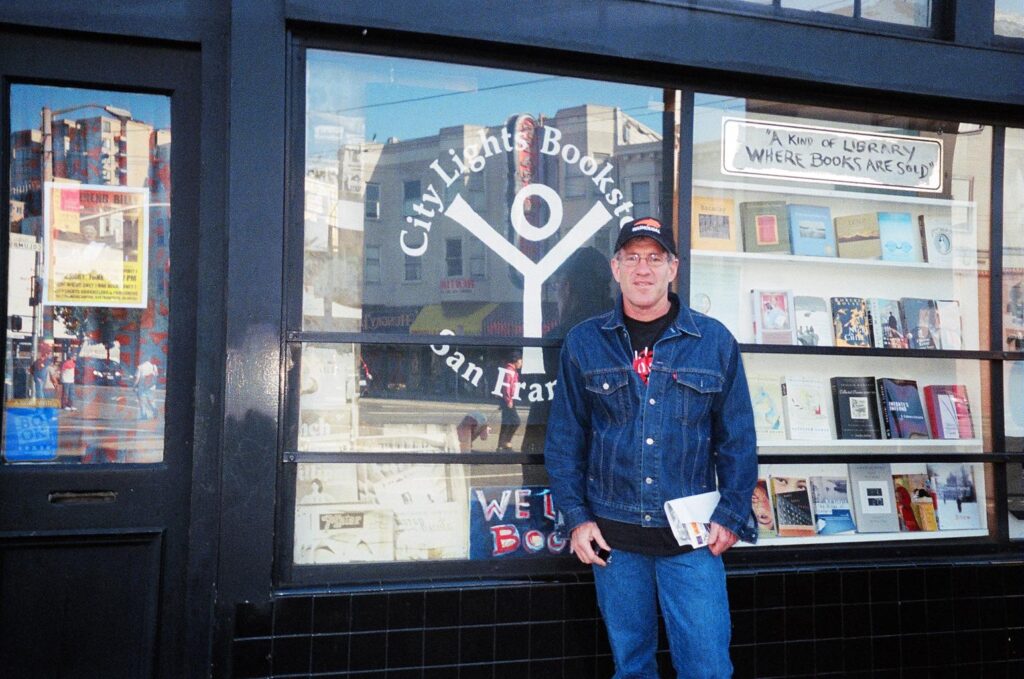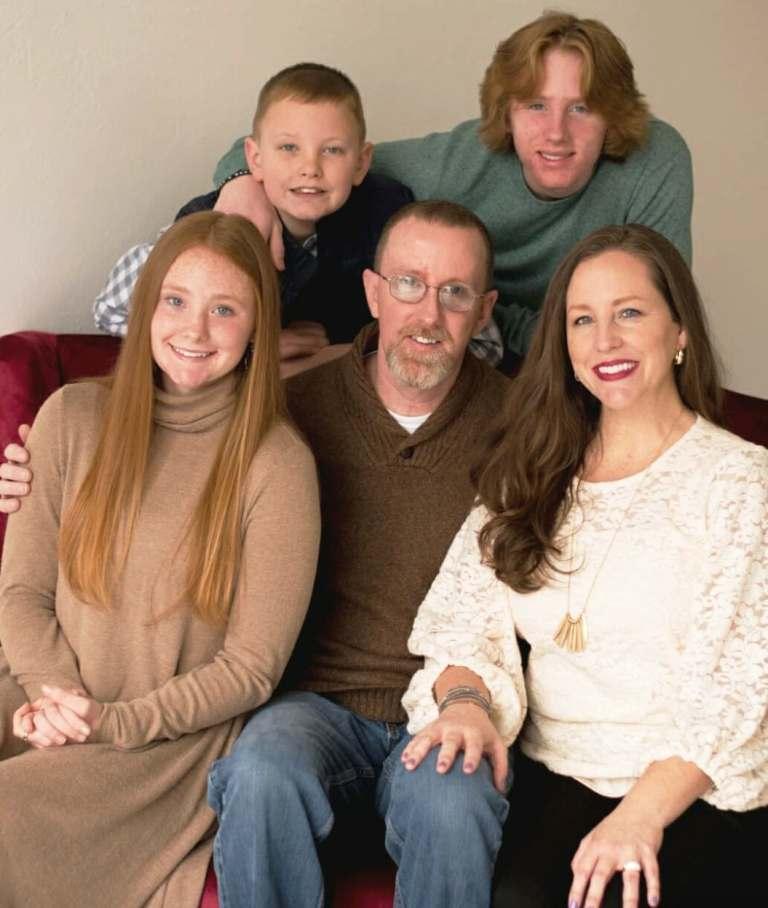Yesterday midmorning I was driving north on Harrah road, toward the park for a run. I was in the right hand lane, slowing gradually nearer the school zone, far away from all other cars. Just as I passed the gas station on the west side of the road, a gray pickup with a camper shell exploded out of the intersection and raced right up alongside my car, definitely aimed for it. I hit my brakes and fishtailed just a little bit, and very much against my nature I also laid the palm of my hand on the horn, simultaneously. It was all instinct, not anger, though within seconds of narrowly avoiding a crash all that adrenaline did turn to anger. The pickup swerved just a breath away from hitting me, and the driver blended slowly into the right hand lane, just in front of me.
My hands were ten and two and shaking. I took several deep breaths and continued driving, even more slowly now, and eased a greater than necessary distance from the gray truck in front of me. I was nearing the park to stop for a run and saw that he, too, was headed there. He used his blinker, drove slowly, yielding to pedestrians the entire time, and parked in the shade.
I briefly considered driving somewhere else to run, I am so averse to confrontation. But I talked myself into staying because I had done nothing wrong. I just felt weird and conspicuous for having honked. I also didn’t know if the other driver felt he had done anything to warrant being honked at, and maybe he would think I almost hit him, you know, and try to fist fight me and I don’t know how to fight, not even in a video game.
My inner life in complicated.
Anyway I stayed.
I also pulled into the parking lot slowly, also yielded to pedestrians, and parked as far from his truck as I could. I did my weird little warm up, started my podcast about an unsolved murder, and started jogging. I was plenty nervous, and I don’t know exactly why. I just hate conflict so much.
The park has a smallish oval loop sidewalk for walking and jogging. I was going counterclockwise and the other driver was walking clockwise. We passed each other head on a few times before we both looked up and acknowledged each other. I pressed a thin smile at him and raised a hand for a low commitment wave, and he nodded softly and also smiled, but he looked sad. He was elderly but not frail, clean cut, polite, focused, and walking alone.
Around mile six I paused at my car for a drink of water, and I saw his truck pull up behind me, perpendicular to my bumper. I paused my stupid murder story and waited as he reluctantly put his truck in park and stepped out into the now blazing sun.
I took a deep breath and assured myself everything was fine. His posture was steady and gentlemanly. Polite. Cautious. He removed his ball cap and opened both hands and said, “I nearly hit you there, I pulled out and scared you, and I am so sorry.” His voice broke my stupid heart. Any defensiveness still in my body dissolved into either shame for honking at him or compassion or maybe amazement at his quiet nobility.
“No I am sorry, I never honk, I am so sorry I honked at you!” My chin started trembling. I was sweaty from running but also cold.
He shook his head and cut me off (haha) saying, “No, I didn’t mean to, but I did almost hit you.” He spoke more firmly this time. He went on to explain that the woman driving behind him had been speeding in that school zone, and she scared him. He felt she was about to slam into him from behind when he saw the opportunity or necessity to race out of the intersection, but all of it was so jarring, so sudden.
I tried a second time to apologize, and I extended both of my hands, not metaphorically. We shook hands normally at first then held hands, and I started weeping a tiny bit behind my scratched up cheap sunglasses. Had I not been sweaty I might have forced a totally inappropriate and unnecessary hug on this stranger (bad hugs are my hobby). It turns out, the verbal exchange was infinitely sweeter.
He said several more times and in a few different ways that he was sorry, and I said I was sorry. I thanked him for coming over to talk to me, told him I had been worried about it (the murder story barely kept my mind occupied), and told him his generosity made me feel so much better. I told him I was so glad that woman didn’t hit him. We agreed we all got lucky and wished each other a good rest of the day then shook hands again (I resisted the urge to invite him for Thanksgiving, because are we friends now?).
As he left the parking lot I started my murder story again, continued my run, and exploded into confusing tears. And the crying was only partially because I am in pre-ovulation. The tenderness and nobility he showed by approaching me and starting that awkward conversation was just so stunning. What an example he sets by this.
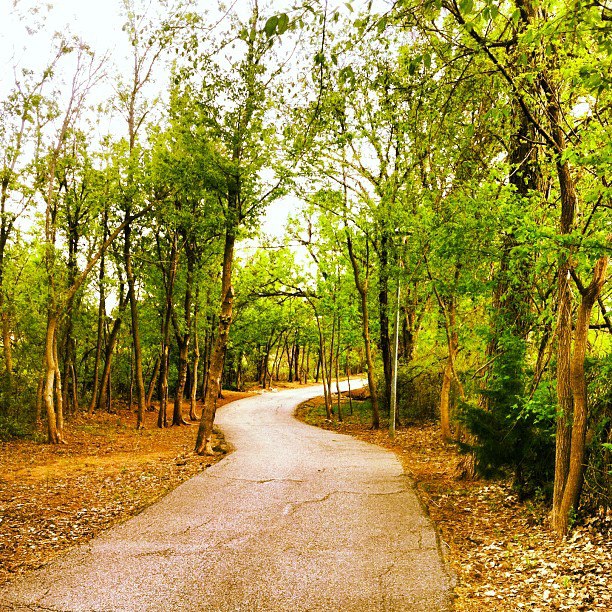
Since presumably we live at least somewhat near each other in a fairly cozy community, it is likely we will see each other again. I know now that if we do, it will be comfortable. But even if not, he made an impression on me and reminded me it’s ok to make the effort to keep neighborly bonds intact. We don’t have to go through the days ignoring strangers and neighbors, pretending we are islands or neglecting the effect we have on each other. He did not hit me. He was neither rude nor reckless. No harm was done aside from the momentary panic. He had no obligation whatsoever to ever mention it, but he did.
I swear my intention of honking my car horn was strictly to alert the oncoming vehicle to my presence there, not to express anger. But since I felt the anger immediately afterwards, all of it made me so nauseous. His boldness to resolve the conflict not only allowed me to let it go; it also inspired me to be bolder with neighborliness and more humble about my mistakes.
I am a nervous hugger, too, so there’s that problem. All of this also reminded me sometimes excessive handshakes are enough.
THE END.

